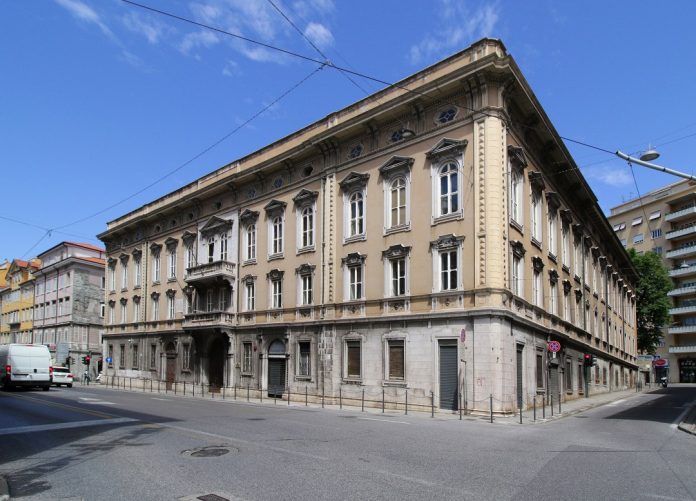by InTrieste
This week, experts in music education from across Europe convened at the Tartini Conservatory in Trieste to address the future of music training and explore cutting-edge technologies that could reshape how musicians learn and perform together across borders.
The two-day international conference, titled Ceman 2024 Beyond the Borders, brought together luminaries from institutions such as Trieste’s SISSA (International School for Advanced Studies), the Santa Cecilia Academy in Rome, and the European Association of Conservatories in Brussels, among others. The event marks a pivotal moment in the globalization of music education.
The conference’s central focus is a groundbreaking technology known as LoLa (Low Latency), developed by the Tartini Conservatory in collaboration with the GARR network. LoLa enables musicians and teachers to perform together in real time, even when separated by vast distances. This innovation represents a potential leap forward for remote learning and global collaboration in music, offering solutions to the growing demand for internationalization in higher education.
“The opportunity to gather and share these new tools and experiences is invaluable,” said Sandro Torlontano, Director of the Tartini Conservatory. “LoLa technology allows us to transcend the traditional barriers of time and distance, bringing students and teachers closer in a way we couldn’t have imagined a decade ago.”
The event coincides with the start of the autumn tour of the Ceman Orchestra, composed of 47 young musicians from across Europe. The orchestra, born out of the Central European Music Academies Network (CEMAN), will launch its European tour with a performance at Trieste’s Teatro Verdi on October 2 and conclude with a grand finale in Prague on October 9. CEMAN, which was founded in 2016 by the Tartini Conservatory, now encompasses 16 conservatories and academies from 12 countries, including Ukraine, Montenegro, and Moldova.
The forum, which was co-financed by Italy’s Ministry of University and Research, featured panel discussions on topics ranging from international funding opportunities for music institutions to the challenges of creating joint degrees and research projects. Representatives from Ukraine’s National Music Academy, the University of Arts in Tirana, and the Academy of Music in Chișinău, among others, highlighted their experiences in navigating the challenges posed by cross-border music education.
“Music education, just like music itself, is a universal language,” said Riccardo Ceni, representative of the European Association of Conservatories, during his keynote address. “We are living in an era where the integration of different musical traditions is not only possible but necessary. Programs like Erasmus+ and Creative Europe are key to promoting these collaborative opportunities.”
As European music institutions increasingly embrace digital tools and transnational partnerships, the need for greater cooperation becomes ever more urgent. “Beyond the borders” is more than just a theme for this year’s Ceman forum—it is a call to action for educators and policymakers to break down the geographical, linguistic, and cultural barriers that have historically separated conservatories and their students.
The event also underscored the role of music in diplomacy and cultural exchange. With war still ongoing in Ukraine, cultural institutions from Kyiv took center stage at the forum. Bohdan Rumiantsev, Director of International Relations at the Ukrainian National Music Academy, emphasized the importance of keeping cultural dialogue alive during times of conflict. “Music has the power to unite us, even in the darkest times,” he said.
Torlontano echoed this sentiment, noting that music education, as a form of cultural diplomacy, could play a crucial role in the ongoing efforts to foster peace and cooperation across Europe. “Our students are not just learning how to play an instrument,” he said. “They are learning how to communicate, how to collaborate, and ultimately, how to build bridges across cultures.”
The conference concludes on Thursday with a final session exploring the future development of the Ceman Network, which aims to expand its influence in global music education through partnerships and technological advancements. In the words of Torlontano, “The future of music education is not about isolating talent within national borders but about creating a global network that fosters creativity and understanding.”
As the Ceman Orchestra embarks on its tour, carrying with it the shared traditions and talents of 47 musicians from across Europe, the promise of a more connected and collaborative future for music education seems closer than ever.





























